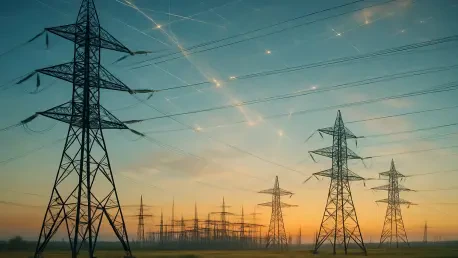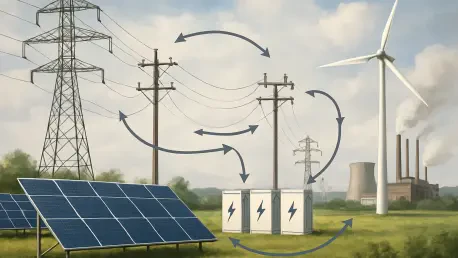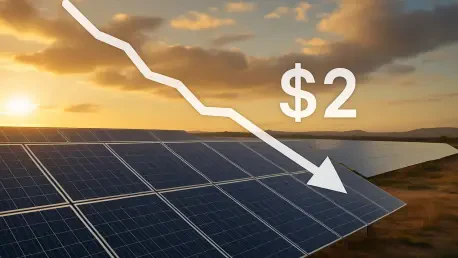
The meteoric rise of data centers across the United States has unleashed an unprecedented wave of electricity demand, revealing glaring inadequacies in existing energy policies and utility frameworks, and as technology giants erect sprawling facilities to fuel cloud computing, artificial

Imagine living in a bustling city where the air, though deemed safe by official standards, silently harbors pollutants that could threaten neurological health in ways previously unimagined, and a groundbreaking study from Canada has recently shed light on a potential connection between air

In a world where energy demands are skyrocketing, Xcel Energy, a Minneapolis-based utility giant serving nearly 4 million electric customers across eight states, has rolled out a staggering $60 billion plan to reshape the future of power. Picture the challenge: meeting the explosive needs of data

What happens when a region’s hunger for energy surges beyond all expectations, driven by tech giants and industrial powerhouses setting up shop? In the Southeast, Southern Co. is stepping up to meet this colossal demand, delivering a third-quarter performance that signals not just growth, but a

Setting the Stage for Grid Transformation The electric power sector stands at a pivotal moment, grappling with an unprecedented surge in demand that strains infrastructure and drives up consumer costs, while data centers and industrial users, often termed hyperscalers, consume electricity at a rate

The United States finds itself at a pivotal moment in the quest for affordable clean energy, with residential solar installation costs stubbornly hovering around $3 per watt—a figure that pales in comparison to international leaders like Australia, where costs dip below $1 per watt. This disparity